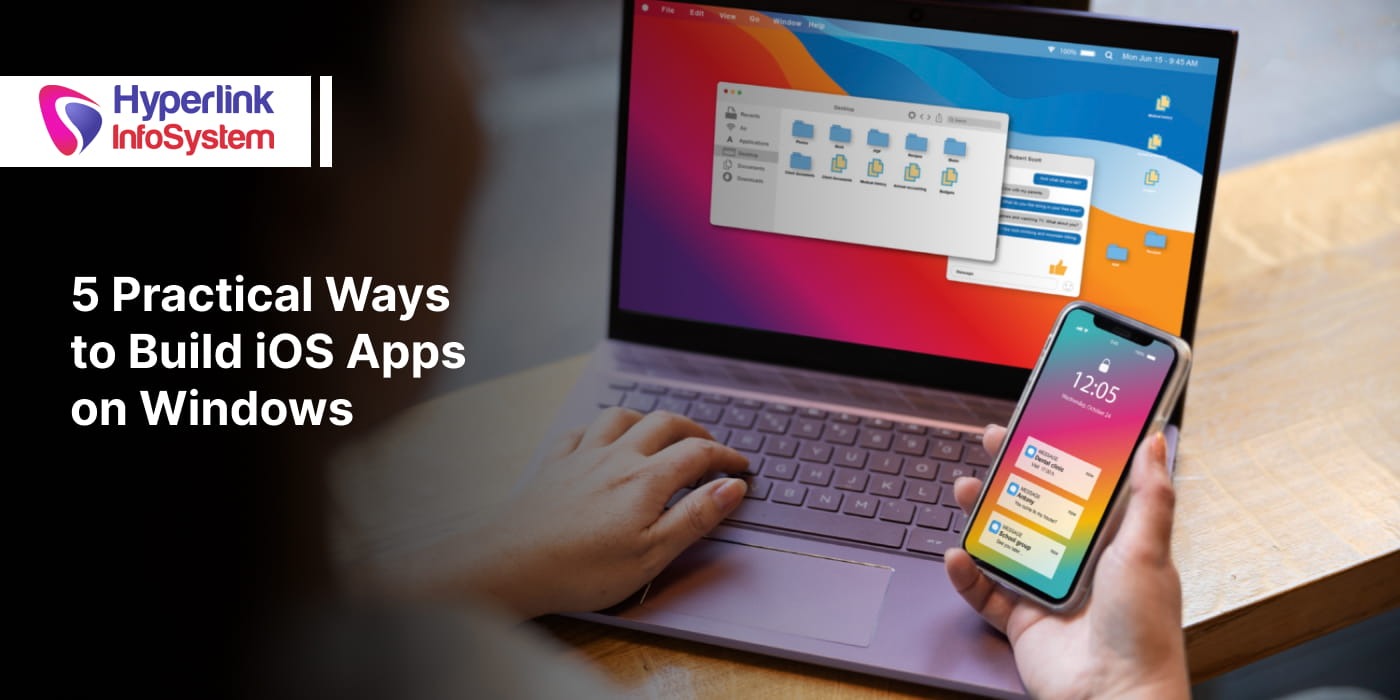Several people think that developing a mobile app is enough, but the reality is that mobile app testing is also a part of mobile app development. It is not astonishing to know how important it is to test your app minutely before it gets launched in the market only to satisfy or disappoint the users.
Mobile app testing can be a challenging task, whether it is a computer app or website. It is essential to pay heed to mobile app testing because the no. of mobile users is rising every day. Today, around 2.7 billion people are using mobile devices, so it is essential to test the app thoroughly before it releases in the market.
The mobile app market is flourishing each day with the increasing demand for smartphones, thus eventually increasing the demand for feature-rich, engaging, and well-crafted mobile apps. Due to this, mobile app development companies have to develop perfect app testing strategies so that mobile app users get impeccable functionalities and a seamless user experience.
However, the mobile app testing stage comes with some challenges for
app developers in India. The app developers must weather the challenges judiciously and smartly, whether the testing is done manually or automatically.
This blog will cover all the challenges that the app developers can face while testing the mobile app and later list down a few solutions to overcome it.
Challenges for Mobile App Testing
1. Operating System Fragmentation
The increasing number of mobile devices calls for frequent updates, creating complications while using mobile apps. The new updates in the apps help the mobile app get more compatible with the latest changes necessary for the platform. App developers find it challenging to make the app compatible with each type of mobile device. Also, the fragmentation issue is big for Android apps since it has 11 different operating systems. On the other hand, the fragmentation issue for iOS is less than that of Android because the percentage of iOS devices is 93% using version 9 or 10.
2. Mobile App Types
There are different mobile app types- native app, web app, or hybrid app. All of these apps contain the same content. These testing of these apps is different from each other, and so is the implementation.
3. Several Testing Interfaces
To test the app's functionality, many
app testing tools such as emulators & simulators are available, and developers can also perform Regression Testing. These tools have limited advantages, and they can't be used as a substitute for the real world.
4. Battery
Mobile apps consume a lot of battery. And the use of multiple mobile apps will drain the battery life quicker. The mobile app development companies should also consider the consumption of power while testing the app.
5. Offline Functioning
The online connectivity of the mobile app depends on the internet provider. The mobile app performance revolves around the network's strength while making the transition from high to low. They will undoubtedly face variation in internet connectivity, most likely impacting the functioning and mobile app performance.
6. Usability
The mobile app's success depends on mobile app usability. The well-designed apps have an appealing interface. Content can be accessed easily, and it is smooth to use. The image adjusts according to the screen size. Mobile users can interact with the apps by their finger touch and tapping. The mobile app developers should ensure that the interface elements work effectively as per the user's comfort. They should remember that including many features is not the key to pleasing the users. It should be delightful, smooth, and provide an intuitive user experience.
7. Security
Users share and store their private data on your apps. Hence, it is necessary to take measures to ensure data privacy. This can be done by testing the apps on a safe and secure cloud to ensure data breaches don't occur. This will also help you spot security issues quicker. Rectifying these issues pre-production will save your money since a bug fixed pre-production saves 20 times the cost than fixing it post-production.
Solutions for Mobile App Testing
Mobile app developers can weather the Operating System fragmentation challenge with the help of the below points:
- Knowing your TA and the preferred device in a specific area. This will automatically limit your focus to resolve in less time.
- Mobile app developers must support the trending operating system, liked by the TA, and is easily available.
- It is always good for the mobile app testers to spot the issue and use an effective emulator to test the app for similar OS devices.
Offline functionality is an issue that can be resolved during the development phase. The mobile app developers' responsibility is to develop a robust app that is strong enough to handle such issues. From the testing viewpoint, they should consider identical cases where the app is tested for:
- Offline support capabilities
- Offline performance
- Different wifi speed
- Low signal strength
For user experience to be pleasant, there are a few points to keep in mind:
- Check the quality of all the features.
- Try to be innovative and creative while creating the UI of the app.
- Try to ignore the redundant content.
Mobile emulators and simulators are essential testing tools enabling to perform regular regression testing and confirm general functionality. But with emulators & simulators, testing is performed in a simulated environment. Use these tools in tandem with real-world testing, and its outcomes won't let you down.
The Endnote
These days users have several options to choose from before the app satisfies all their needs and expectations. Due to the fierce competition in the mobile app market, it is difficult to sustain in the mobile app market. Hence the mobile app testers need to consider the challenges mentioned above and solutions to develop the mobile app successfully. After all, an effective mobile app testing strategy proves to be the backbone for delivering a reliable and high-performing mobile app.























